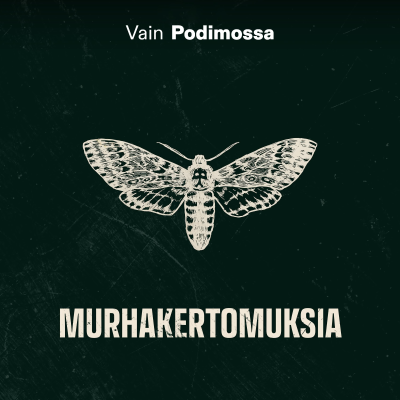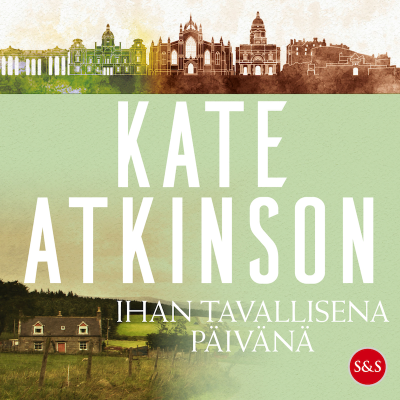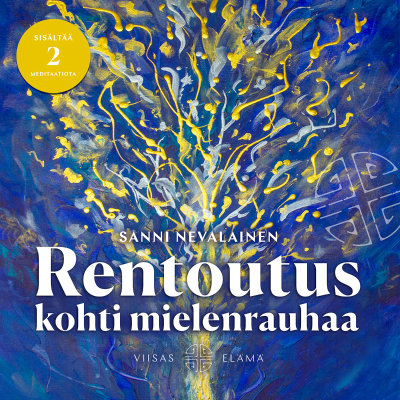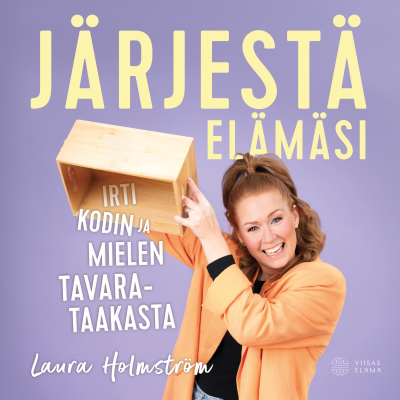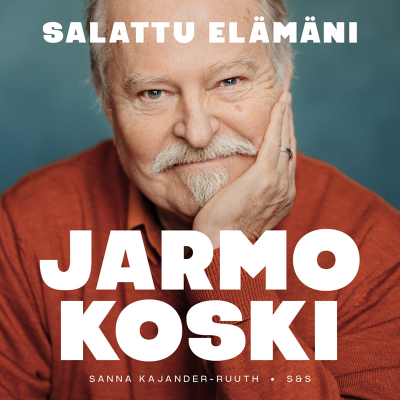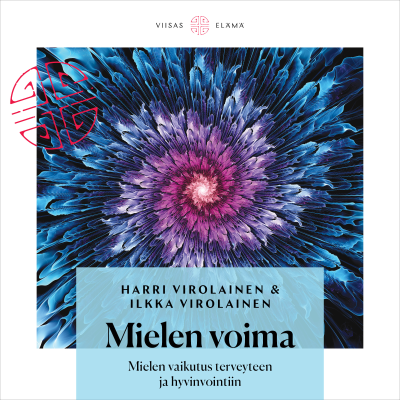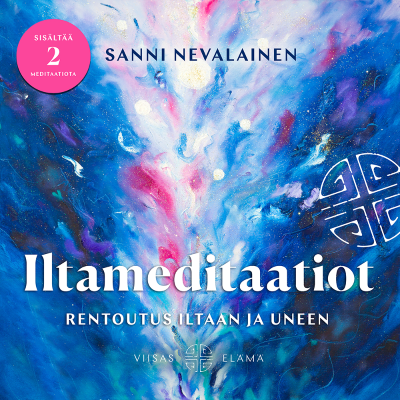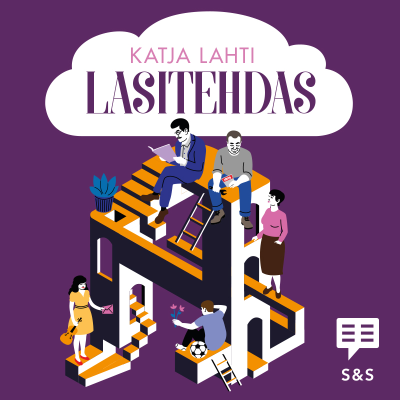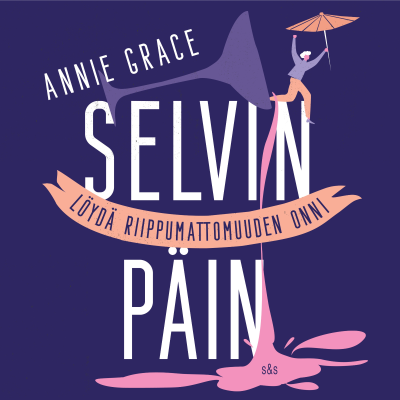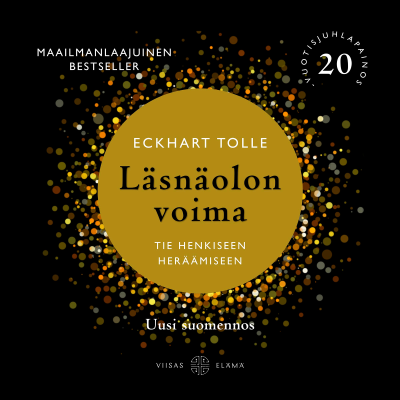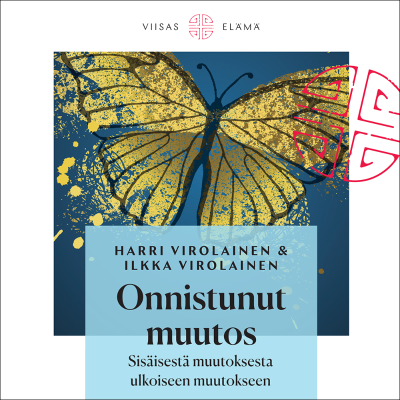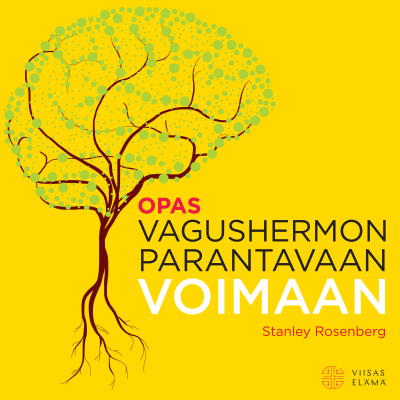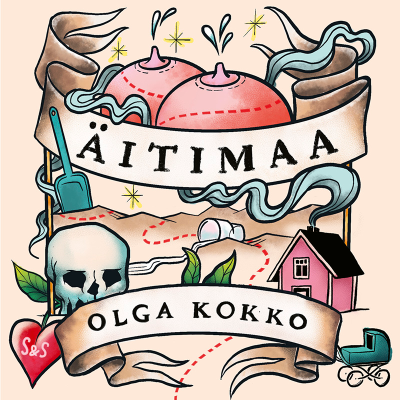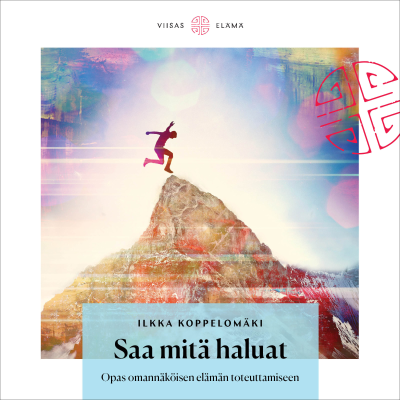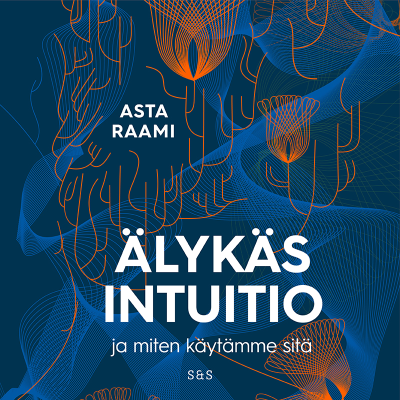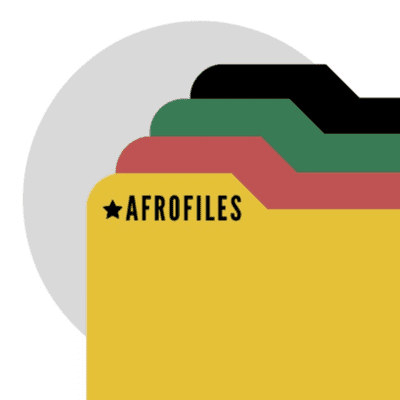
AFROFILES
englanti
Teknologia & tieteet
Rajoitettu tarjous
2 kuukautta hintaan 1 €
Sitten 7,99 € / kuukausiPeru milloin tahansa.
- Podimon podcastit
- Lataa offline-käyttöön
Lisää AFROFILES
A podcast featuring conversations and stories by students of African Studies. We center Africa and embrace the pluralism of perspectives, approaches, and projects within African Studies. Join us as we dig into the big, important questions, the unrivaled history, and the leading thinkers of Africa.
Kaikki jaksot
21 jaksotAre Coups Contagious?
Thanks for listening to Afrofiles! In this episode, Dr. Miles Tendi, professor of Politics and African Studies at Oxford University, talks with Luke St. Pierre and Sarah Daly about recent coups in north and west Africa. Find Miles on Twitter: https://twitter.com/MilesTendi [https://twitter.com/MilesTendi] and check out his most recent book, The Army and Politics in Zimbabwe: Solomon Mujuru, the Liberation Fighter and Kingmaker (2020) See references discussed in the interview: · Ruth First, Barrel of a Gun: Political Power in Africa and the Coup d’État(1970) https://www.ruthfirstpapers.org.uk/term/cluster/barrel-gun [https://www.ruthfirstpapers.org.uk/term/cluster/barrel-gun] · The famous picture of Condé on his couch during the coup, when he was detained in his office: https://news365.co.ke/2021/09/06/president-conde/ [https://news365.co.ke/2021/09/06/president-conde/] · Kevin Koehler and Holger Albrecht, “Revolutions and the Military: Endgame Coups, Instability, and Prospects for Democracy,” Armed Forces and Society (November 4, 2019). · Holger Albrecht, Kevin Koehler, and Austin Shutz, “Coup Agency and Prospects for Democracy,” International Studies Quarterly 65, no. 4 (December 2021). · Samuel Decalo, Coups & Army Rule in Africa, 1990, https://www.hive.co.uk/Product/Samuel-Decalo/Coups-and-Army-Rule-in-Africa--Motivations-and-Constraints-Second-Edition/12827694 [https://www.hive.co.uk/Product/Samuel-Decalo/Coups-and-Army-Rule-in-Africa--Motivations-and-Constraints-Second-Edition/12827694] · Elizabeth Schmidt, Foreign Intervention in Africa: From the Cold War to the War on Terror (2013); and Foreign Intervention in Africa After the Cold War: Sovereignty, Responsibility, and the War on Terror (2018); https://www.loyola.edu/academics/history/faculty/schmidt [https://www.loyola.edu/academics/history/faculty/schmidt] · Boubacar N’Diaye, various publications, https://www.researchgate.net/scientific-contributions/Boubacar-NDiaye-2002747900 [https://www.researchgate.net/scientific-contributions/Boubacar-NDiaye-2002747900] · Larry Diamond, “Democratic Regression in Comparative Perspective: Scope, Methods, and Causes,” Democratization 28, no. 1 (2021), https://www.tandfonline.com/doi/full/10.1080/13510347.2020.1807517 [https://www.tandfonline.com/doi/full/10.1080/13510347.2020.1807517] This episode was produced by Luke St. Pierre and Sarah Daly, with help from Ed Hendrickson. This episode was edited by Sarah, which explains any and all listening woes.
Transportation Infrastructure in Ghana
On today’s episode, we discuss transportation infrastructure in Ghana. Who goes where, when, and how in Accra is political, informed by urban geography, colonial history, culture, and technology. What ideas of progress and nation are embedded in roads, and how do ordinary citizens navigate the political economy of transportation infrastructure? To find out more, Enoch Osei Koduah sat down with Jennifer Hart, associate professor of African history at Wayne State University. Her research challenges modernist visions of technology and infrastructure in Ghanaian history, emphasizing instead, how Africans imagined alternative futures for themselves, and appropriated technologies for indigenous use. Her 2016 book, Ghana on the Go: African Mobility in the Age of Motor Transportation, details the development of Ghana’s cultures of automobility, throughout the 20th century. Her current work on DIY urbanism in Africa attends to vernacular uses of infrastructure, in order to explore decolonial models for urban planning.
Africa-India Connections
On this week's episode, AFROFILES sits down with Dr. Shobana Shankar, professor of African History at Stony Brook University and author of the An Uneasy Embrace: Africa, India and the Spectre of Race [https://www.hurstpublishers.com/book/an-uneasy-embrace/]. For generations, Africans and South Asians have sustained networks of trade, migration, politics, intellectual exchange, cultural production, and religious thinking. Afro-Asian connections have been, at times, the source of generative cross-pollination and solidarity, but the relationship has also been tense, ambivalent, and multiple. Centering the discussion on South Asia’s influence in West Africa, Dr. Shankar details the entangled histories of missionaries and converts, scientists and academics, linguists, filmmakers, and Pan African politicians.
Nelson and Winnie Mandela
On this week’s episode, AFROFILES takes a deep dive into apartheid-era South Africa. Two of the most famous figures in the freedom struggle, Nelson Mandela and Winnie Madikizela-Mandela, embodied distinct and contrasting visions of a post-apartheid future. To learn more about their marriage, Charlotte Bednarski sat down with South African scholar and writer Jonny Steinberg. He has written extensively on post-apartheid South Africa and the transition to democracy, and his prize-winning literature offers insight into the everyday lives of people navigating changing institutions and seeking justice. Dr. Steinberg’s next book, entitled Nelson and Winnie: A Portrait of a Marriage, will be published in 2023.
Misinformation and Disinformation
The proliferation of misinformation and disinformation in Africa has impacted countless lives, weakened democracies, and undermined efforts to defend human rights. The problem stands to worsen as new technologies render information and media increasingly vulnerable to manipulation. What does this challenge look like on the ground, and how are journalists and activists preparing? AFROFILES spoke with Nkem Agunwa, the Africa Project Coordinator at WITNESS, an international human rights organization that provides research, resources and training to human rights advocates using video and technology. We discuss the state of misinformation and disinformation in Africa, as well as some findings from the recent West Africa Cross-Disciplinary Convening on Misinformation and Disinformation hosted by WITNESS in Abuja. The report from the West Africa Convening can be found here [https://lab.witness.org/wp-content/uploads/sites/29/2021/11/WITNESS-truth-tellers-spread_.pdf].
Valitse tilauksesi
Rajoitettu tarjous
Premium
Podimon podcastit
Lataa offline-käyttöön
Peru milloin tahansa
2 kuukautta hintaan 1 €
Sitten 7,99 € / kuukausi
Premium
20 tuntia äänikirjoja
Podimon podcastit
Lataa offline-käyttöön
Peru milloin tahansa
30 vrk ilmainen kokeilu
Sitten 9,99 € / kuukausi
Premium
100 tuntia äänikirjoja
Podimon podcastit
Lataa offline-käyttöön
Peru milloin tahansa
30 vrk ilmainen kokeilu
Sitten 19,99 € / kuukausi
2 kuukautta hintaan 1 €. Sitten 7,99 € / kuukausi. Peru milloin tahansa.


